Samuel Bravo wins 2017 Wheelwright Prize
By Justine Testado|
Friday, Jun 2, 2017
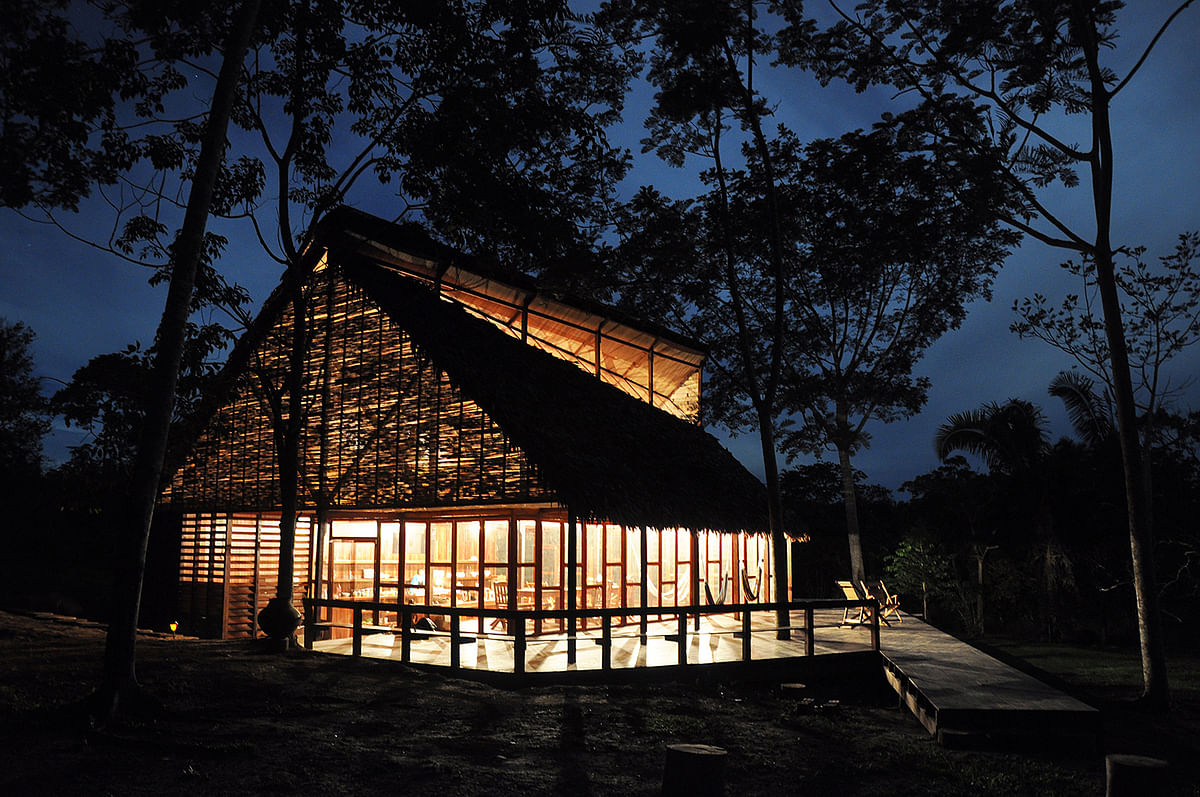
Related
The Harvard University Graduate School of Design awarded its coveted 2017 Wheelwright Prize to Chilean architect Samuel Bravo for his proposal “Projectless: Architecture of Informal Settlements”. Established in 1935 and originally intended for Harvard GSD alumni, the $100,000 architectural research travel grant became an open international competition in 2013 that gives competitive early-career architects anywhere on the globe a chance to apply.
Second time was the charm for Samuel Bravo, who was a finalist in the 2016 cycle. Starting with over 200 applicants representing 45 countries, Bravo was named the 2017 winner out of four finalists — the other three being Lucia Cella, Andjela Karabašević, and Farzin Lotfi-Jam.
Read on for more.
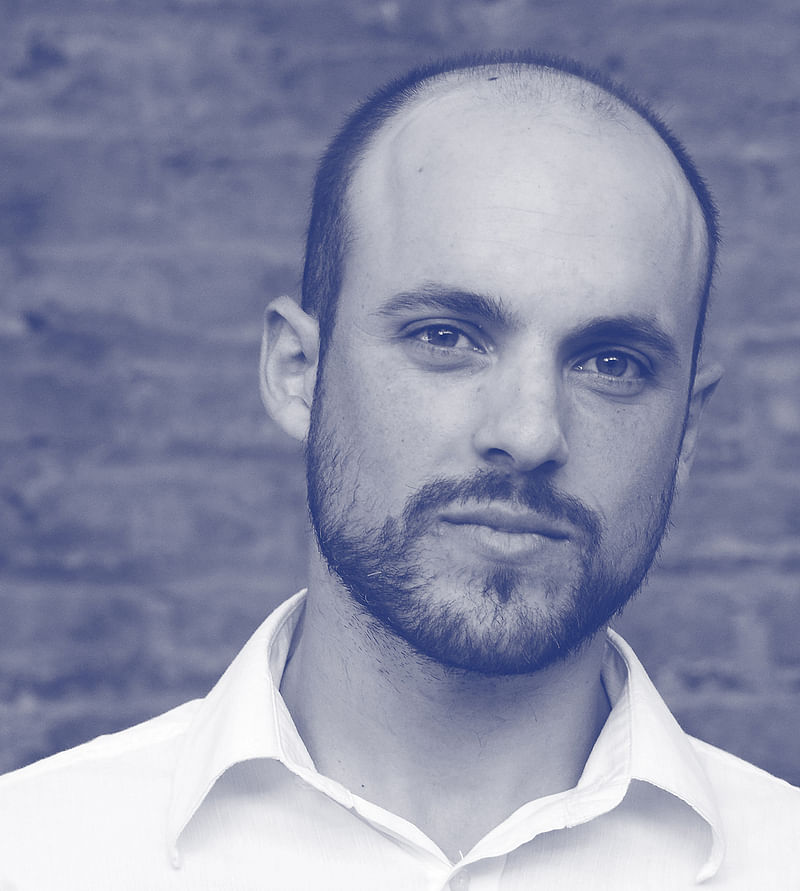
In his “Projectless” proposal, Bravo focuses on traditional architectures and informal settlements, and revisits the topic of “architecture without architects”, as described by Bernard Rudofsky in the iconic 1964 Museum of Modern Art exhibition. Bravo will travel to dozens of sites in South America, Asia, and Africa to ultimately develop strategies that integrate vernacular, collective practices with the modern architectural project.
“A graduate of the Pontifical Catholic University of Chile (BArch 2009), Samuel Bravo leads his own practice and has realized various projects in South America. His past work includes organizing community-based rebuilding in earthquake-damaged Tarapacá, Chile; designing and building a lodge/shamanic center and school for the Shipibo people of the Amazonian rain forest in Peru (a collaboration with architect Sandra Iturriaga); and several private residential commissions. His work has been widely exhibited and published.”
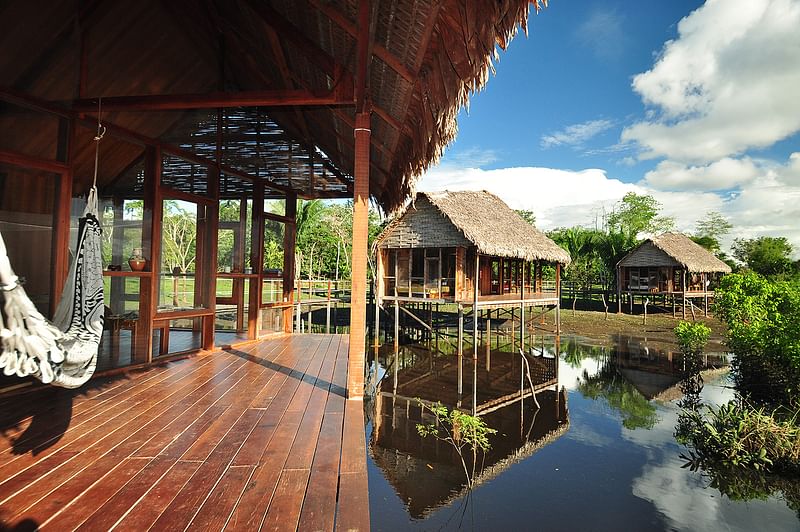
“Projectless begins by acknowledging that formal architecture addresses a minority of the world’s population, while the vast majority live in informally built dwellings. Bernard Rudofsky characterized the projects in his 1964 exhibition as ‘not produced by the specialist but by the spontaneous and continuing activity of a whole people with a common heritage, acting under a community of experience.’
Bravo extends this notion to his study of the traditions and methods that enable formal architecture to operate ‘within the paradigm of projectless environments,’ sensitive to the potential ‘cultural frictions’ associated with restructuring problematic settlements.”
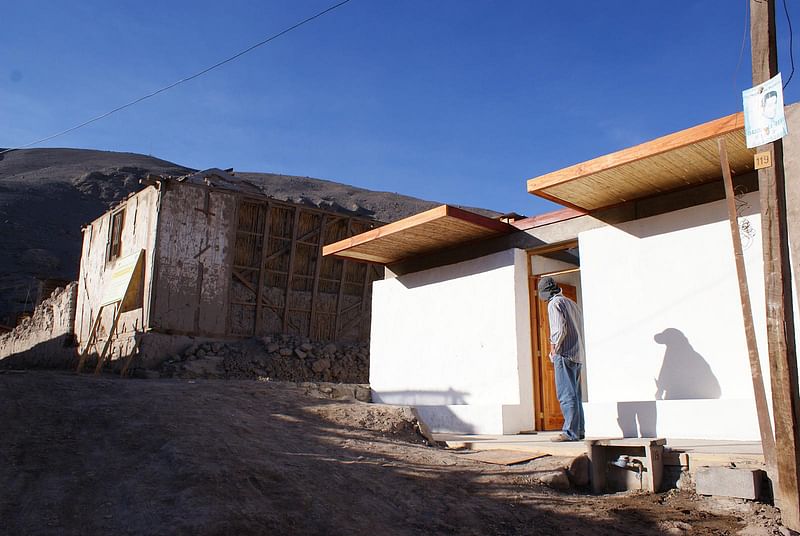
“Bravo will begin his travels in the Amazon basin, home to 400 ethnic groups including some still-isolated tribes, and will continue to the Amazon flatlands, where he will visit dozens of settlements, from Peru to Colombia to Brazil.
He will continue to Africa, where urban centers (such as Lagos, Nigeria) are experiencing extreme population growth. In Asia, he plans to visit Bangladesh, Nepal, and India, where he has identified a range of case studies, from traditional villages to global slums.”
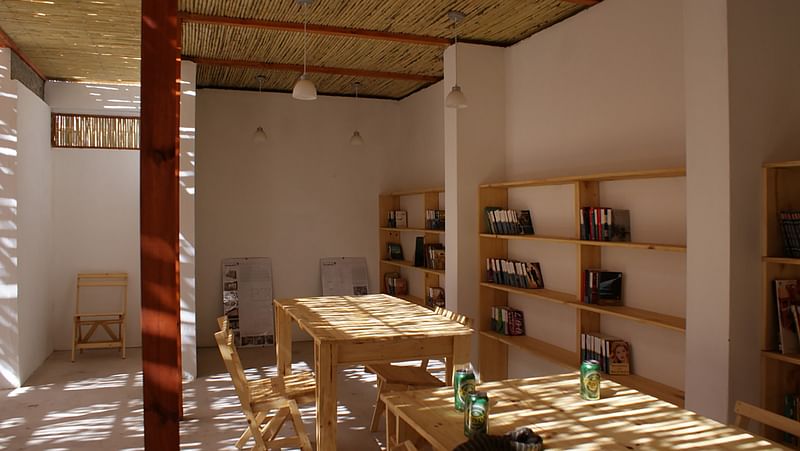
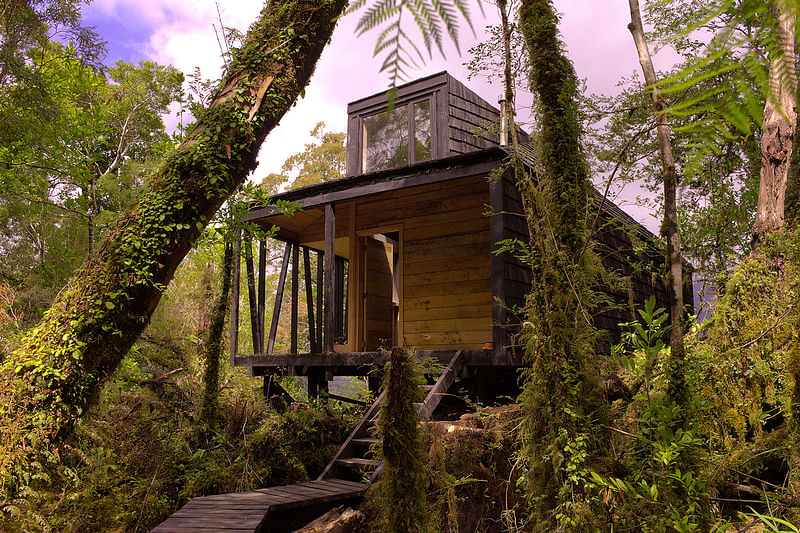
“Samuel is a sophisticated designer and a mature thinker, qualities that make him an ideal candidate for this year’s Wheelwright Prize,” said juror Mohsen Mostafavi, Dean and Alexander and Victoria Wiley Professor of Design at Harvard GSD, in a statement. “His work on its own is striking, and the participatory design-build process he has refined over time is additionally compelling. In resurrecting ideas about so-called 'non-pedigreed' architecture and expanding the scope of his research and practice internationally, Samuel’s project opens up new and exciting paths for the next generation of architects.”
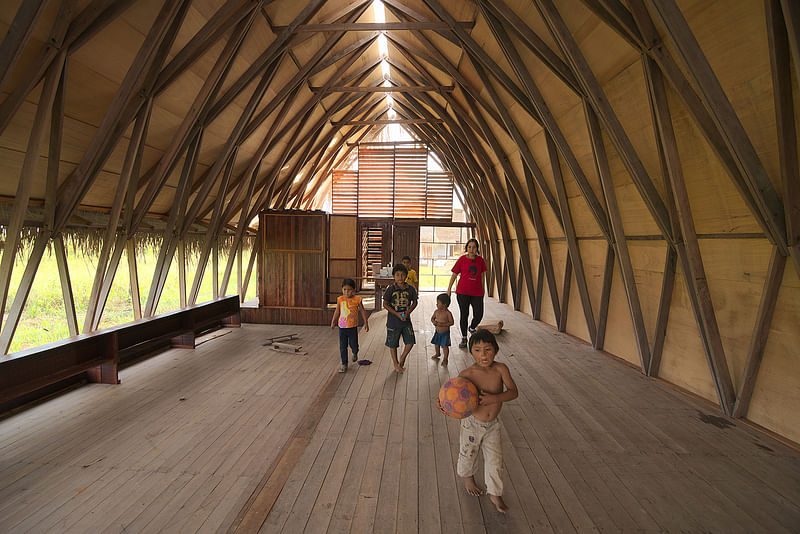
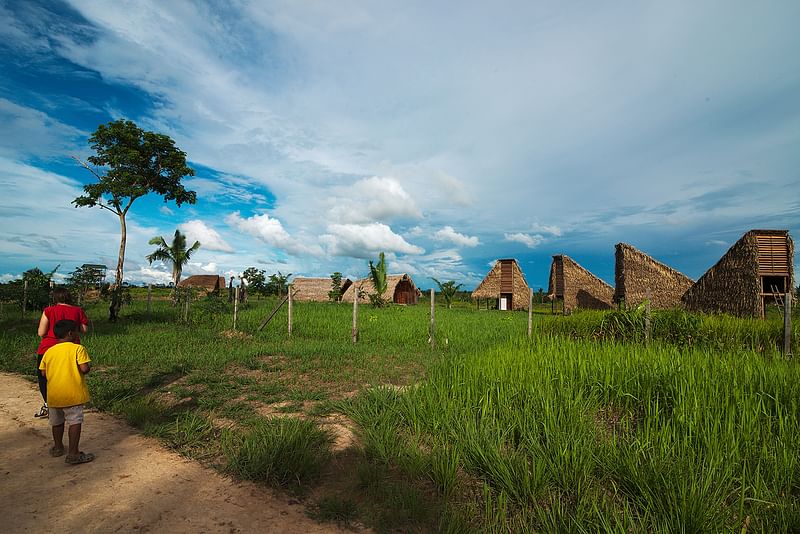
“Samuel Bravo’s proposal relates to the current architectural desire for self-reflective practice with social impact, and a spate of exhibitions and publications about designing for expanded audiences and publics,” commented juror K. Michael Hays. “But what makes Bravo’s work and research proposal stand out is his particularly strong articulation of design as a response to a host of complex issues, from the experiential qualities of building materials to the systems of their extraction and distribution, from preserving craft to allowing for sustainable development, from promoting autonomy with regards to local labor to planning for urban connectivity. Bravo’s intelligence and rigor cut through multiple layers architectural concerns.”
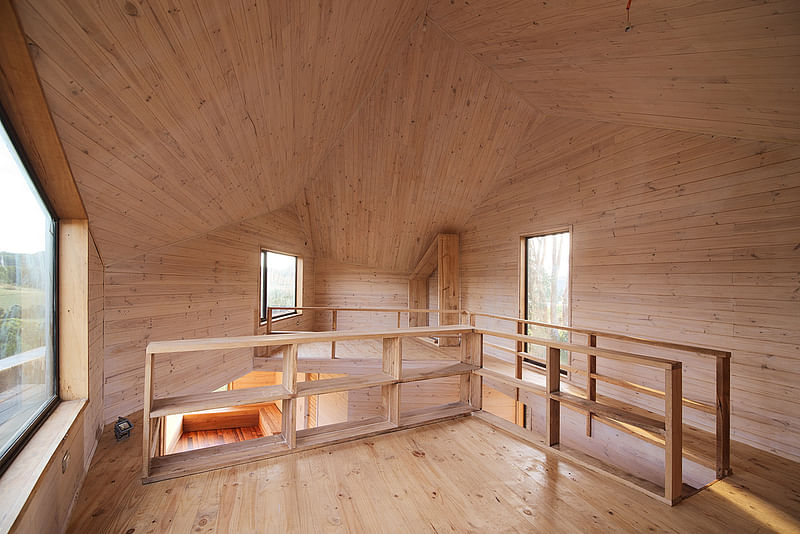
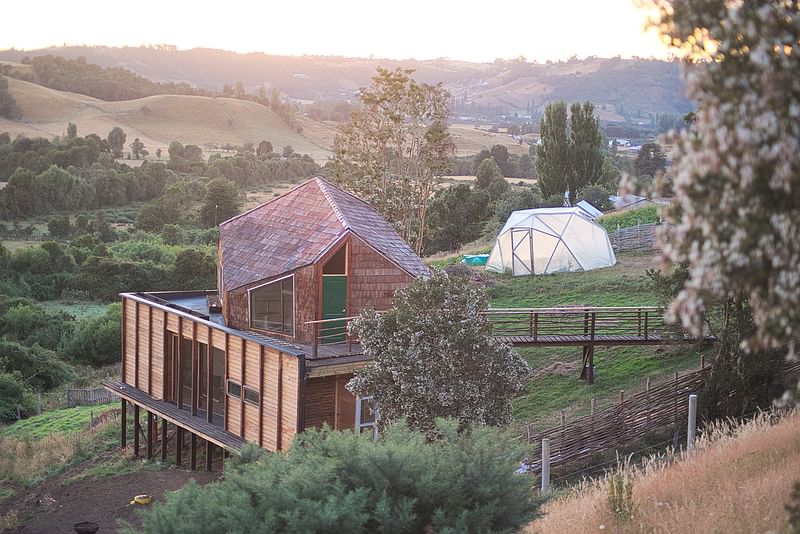
Juror Mariana Ibañez added that Bravo's work “manages to combine two important architectural conditions that are not easy to combine. His work holds the promise of innovation while dealing with some of the most urgent issues that press the architecture profession.”
The 2017 Wheelwright Prize jury consisted of Gordon Gill, Mariana Ibañez, Gia Wolff, and standing Wheelwright Prize Committee members Mohsen Mostafavi and K. Michael Hays.
Check out previous Wheelwright Prize winners in the links below.
All images courtesy of Harvard GSD.

RELATED NEWS Anna Puigjaner of MAIO Studios wins 2016 Wheelwright Prize

RELATED NEWS Erik L’Heureux wins 2015 Wheelwright Prize


Share
0 Comments
Comment as :